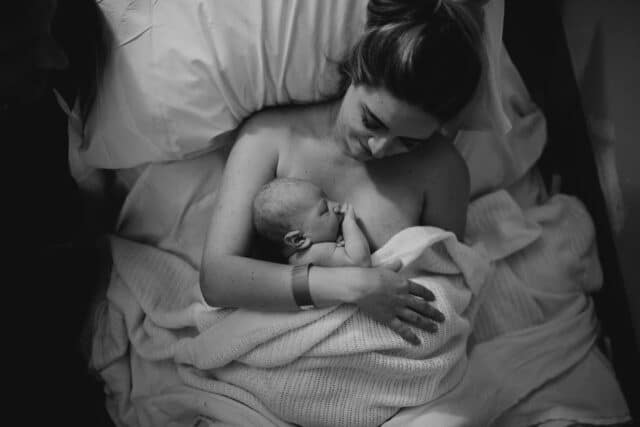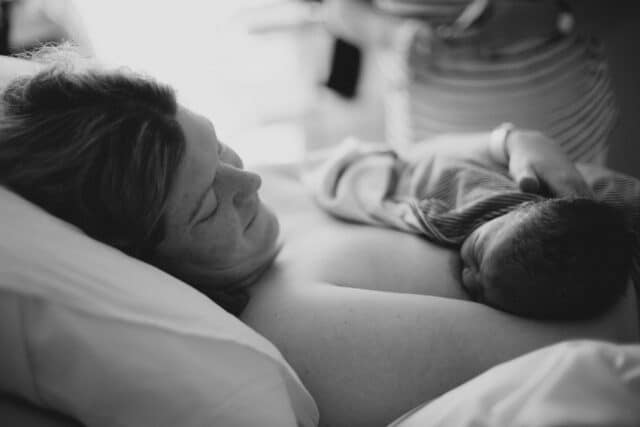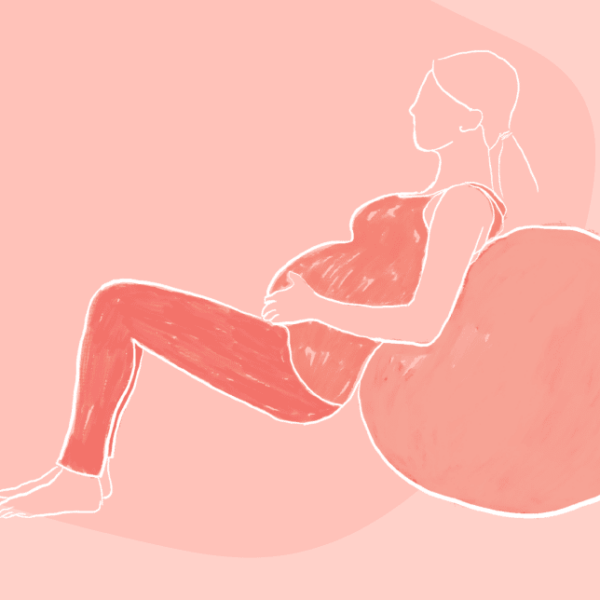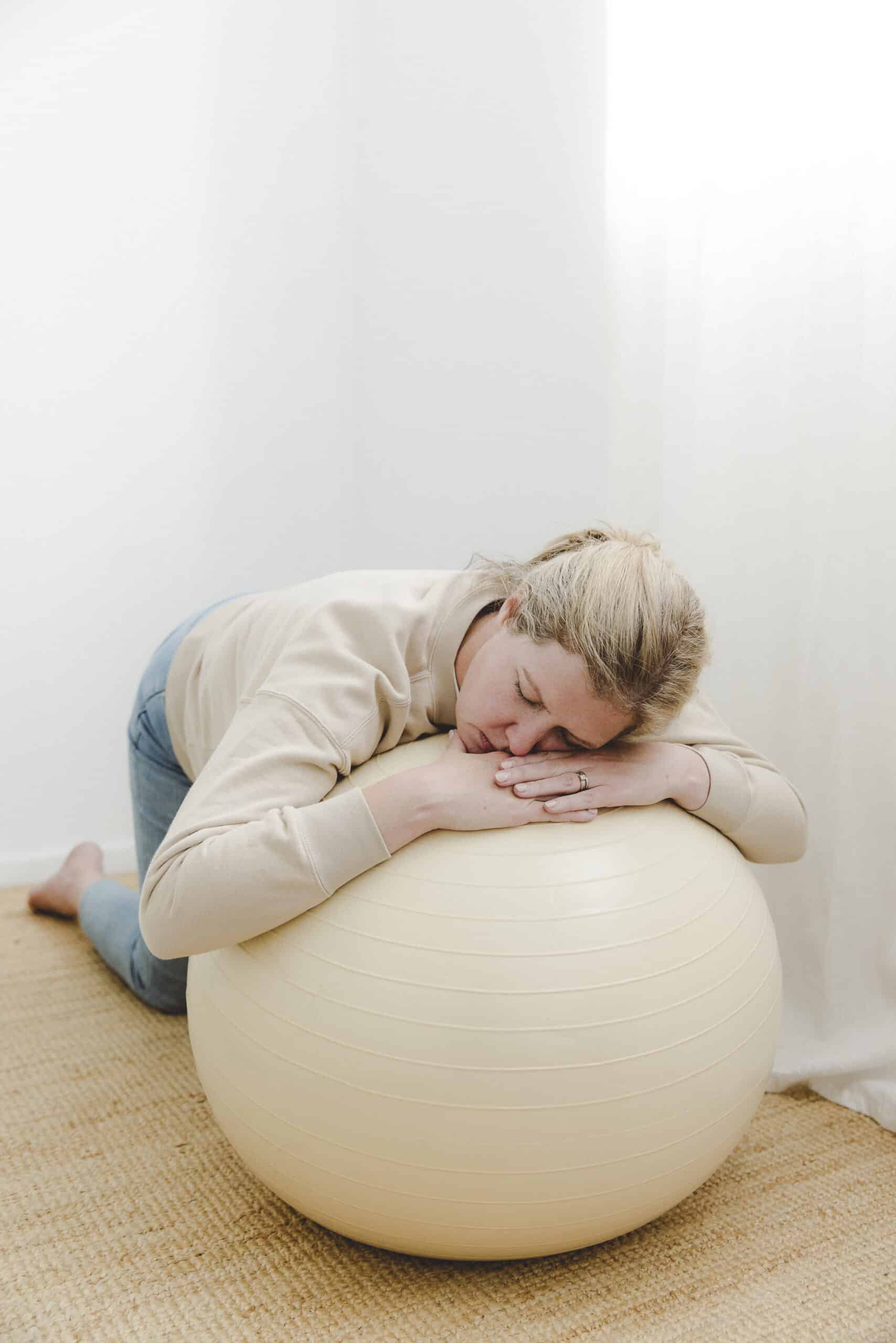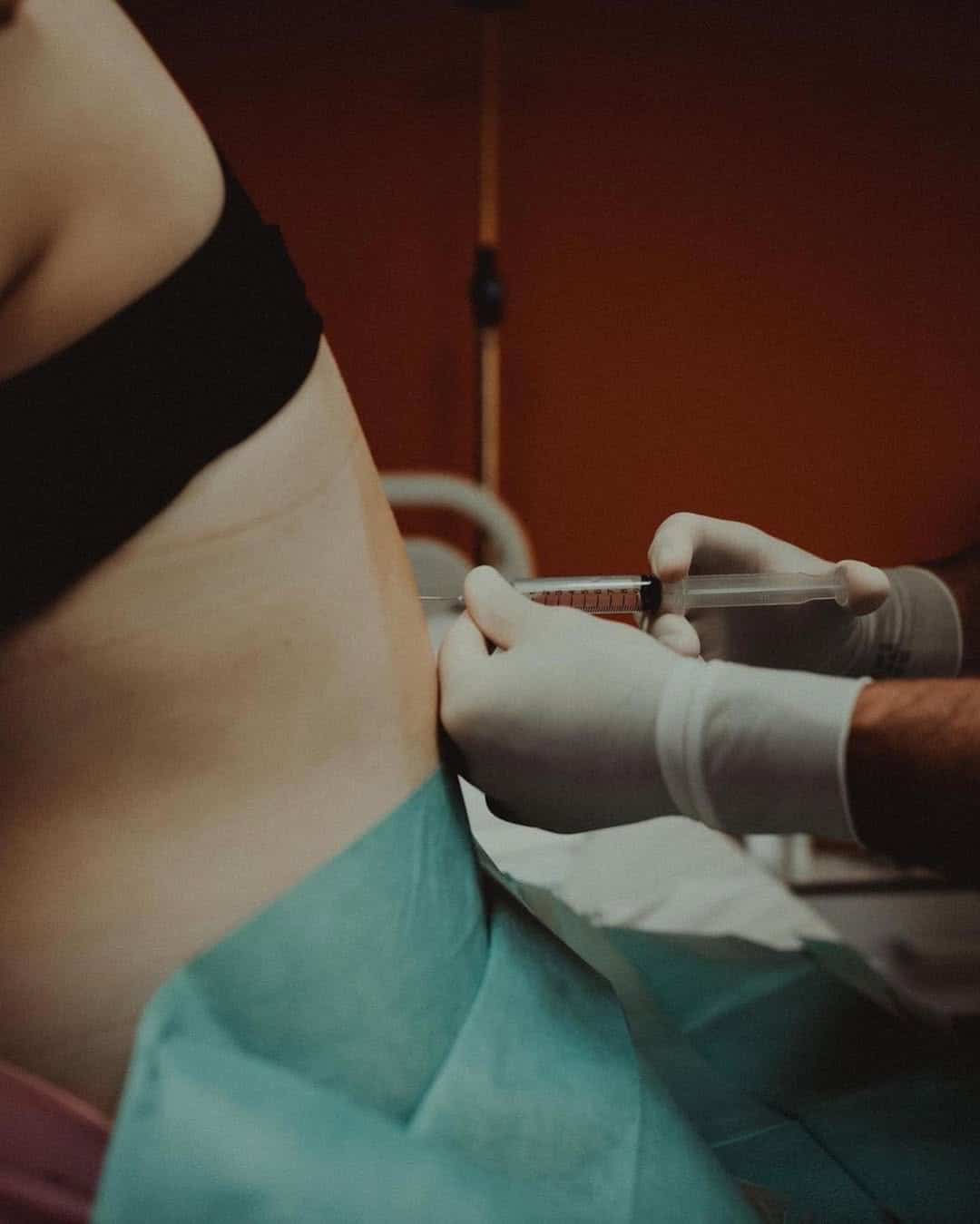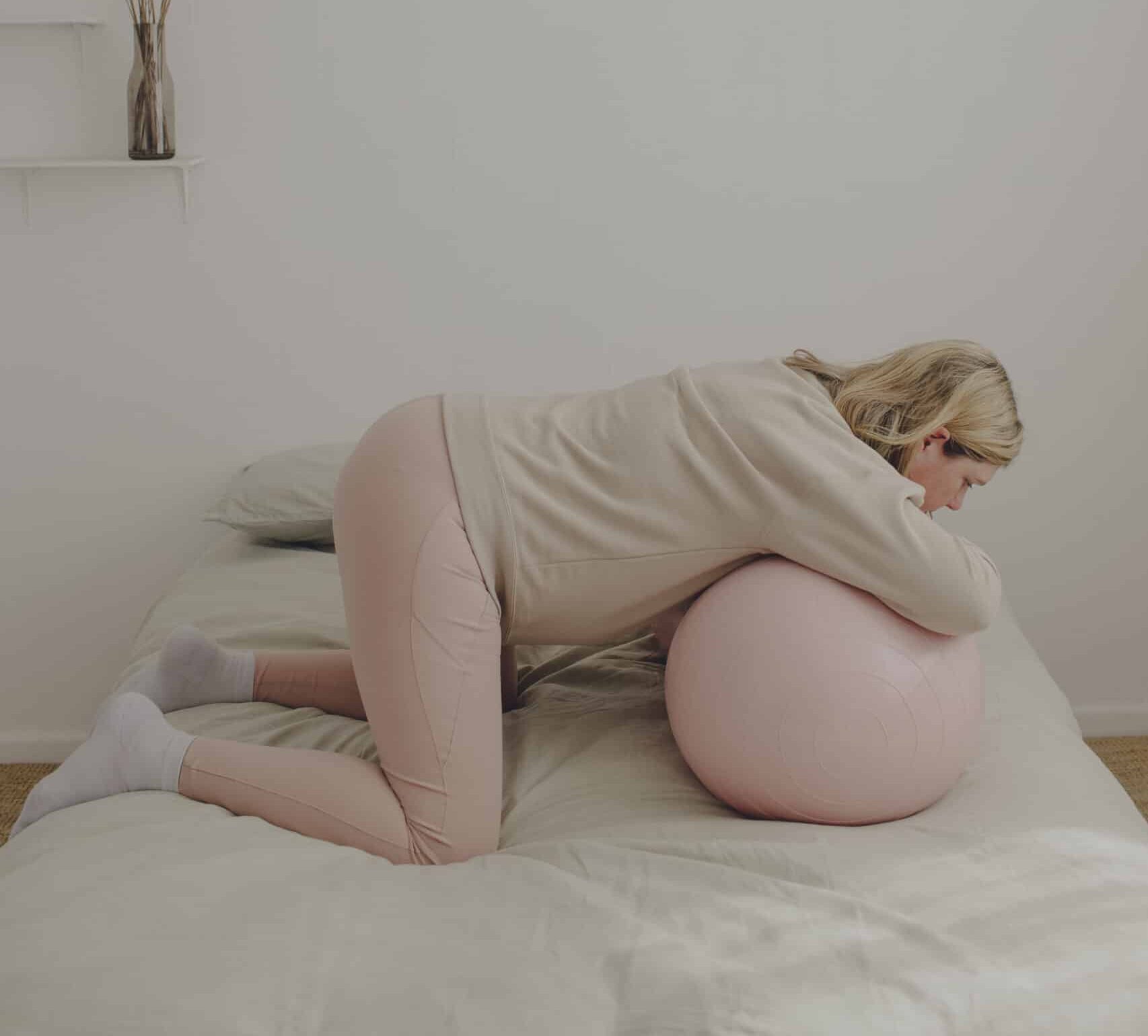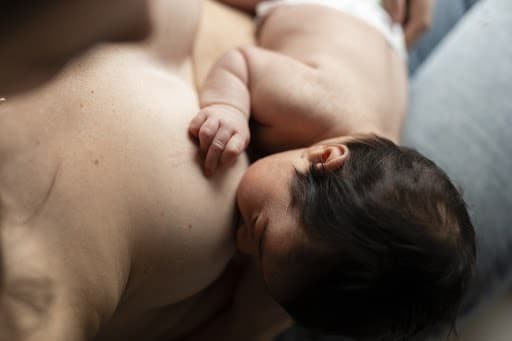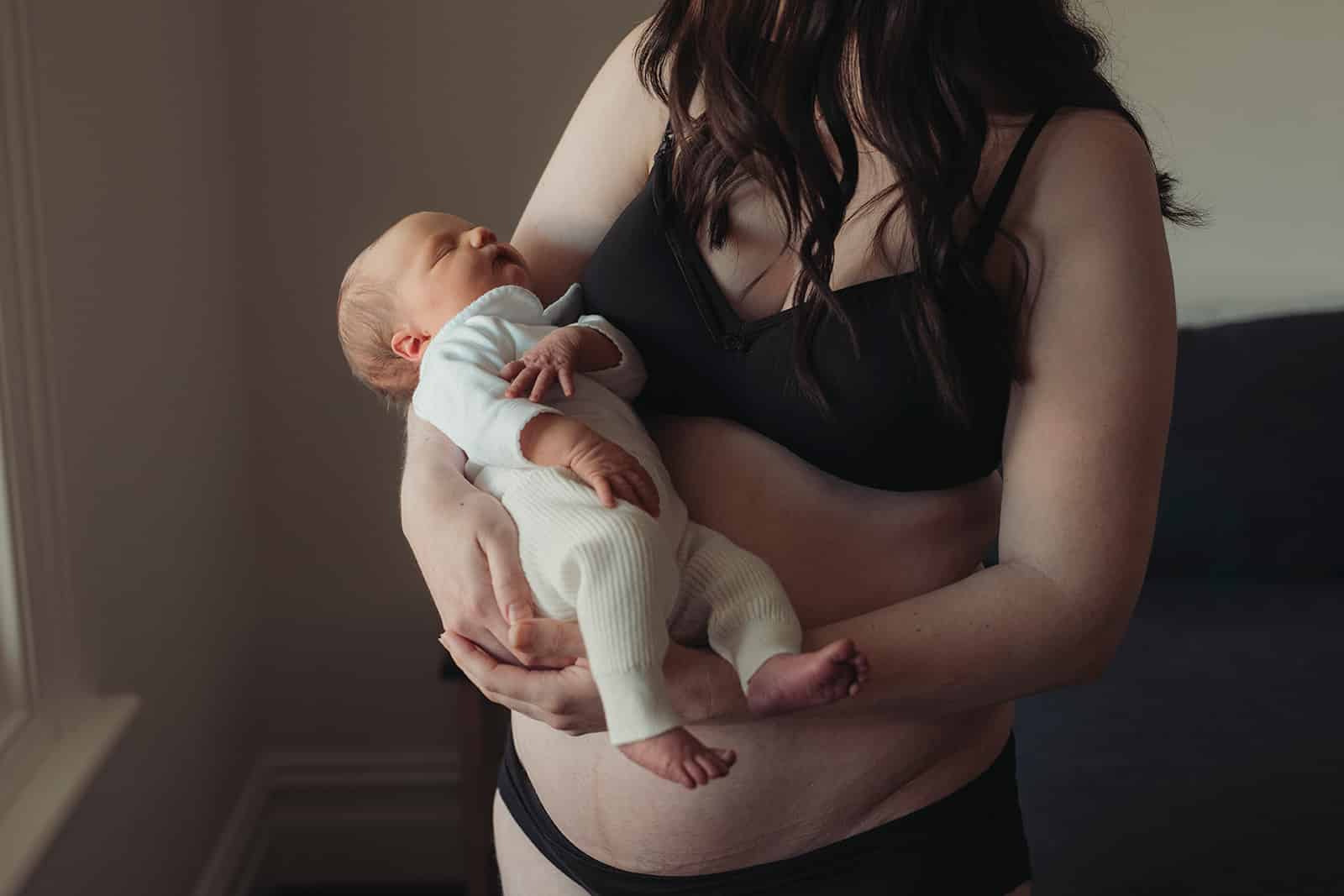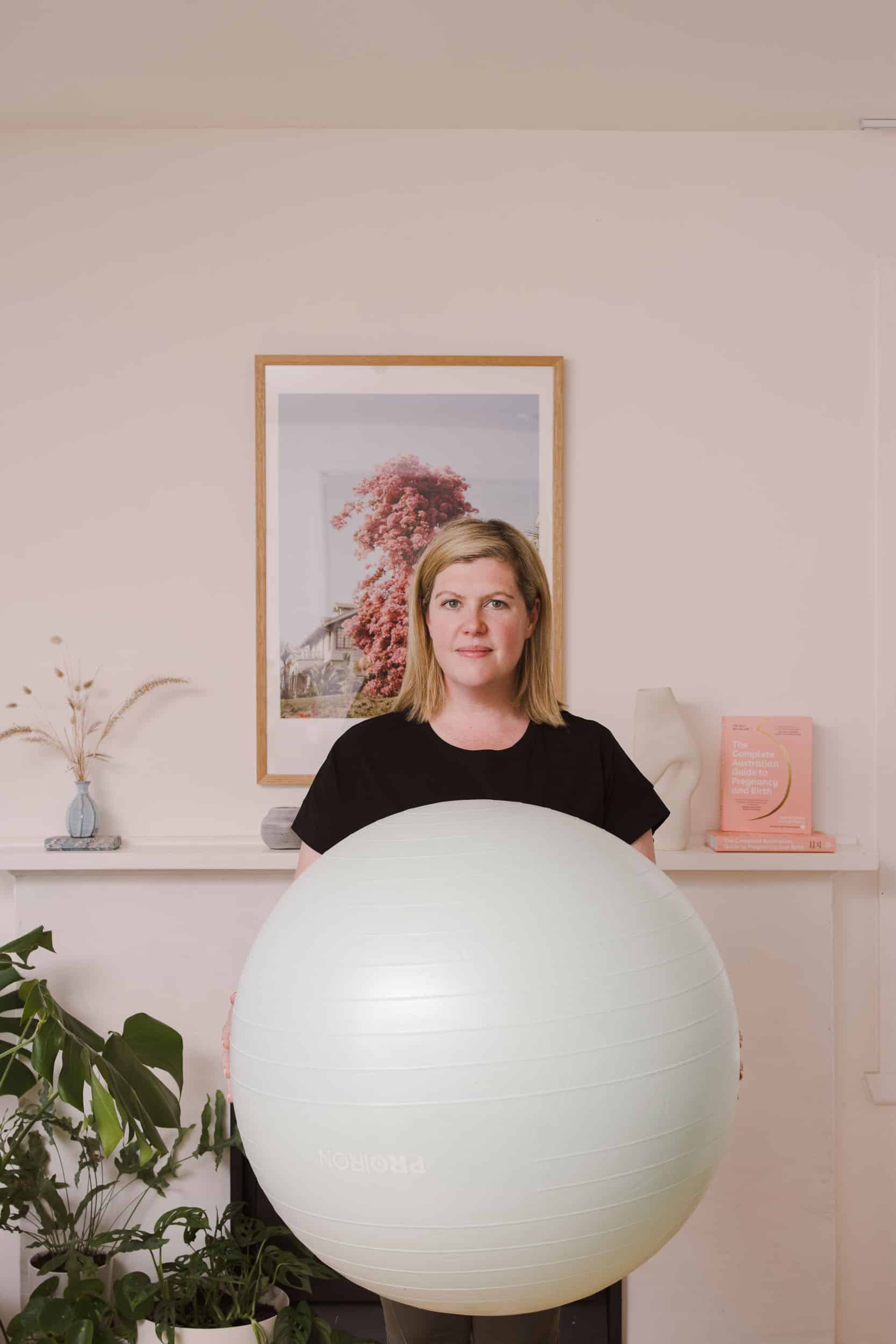Birth Birth Trauma
Birth Trauma
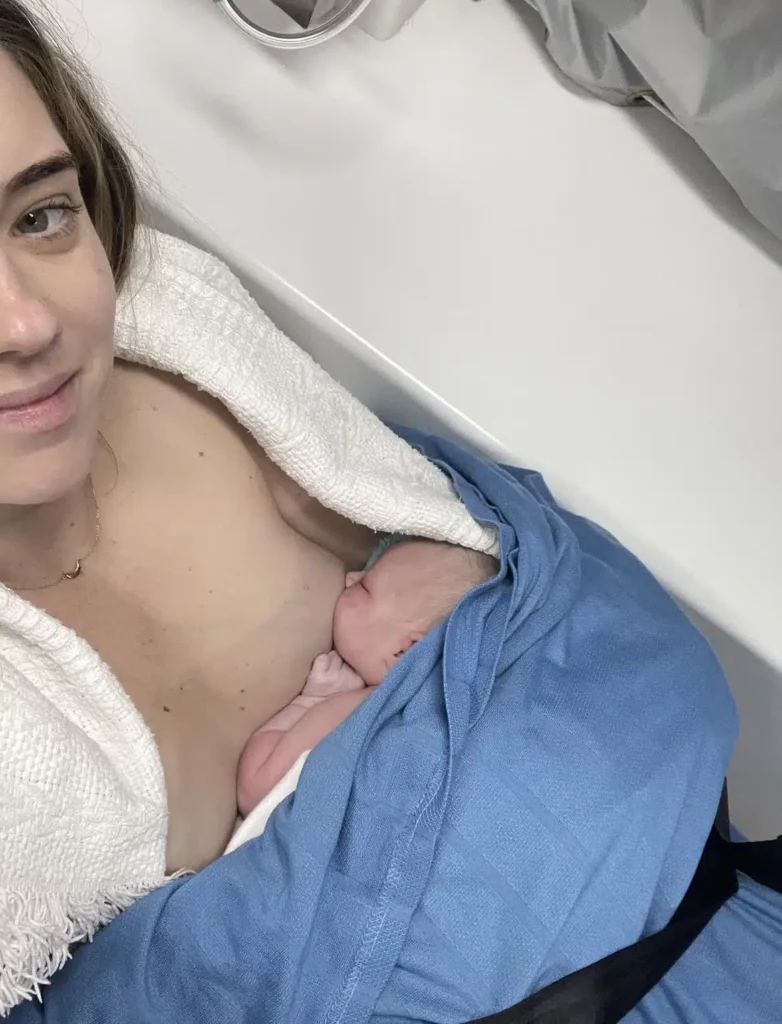
Birth can be a positive, empowering experience. However, for some women, labour and birth (both vaginal and caesarean birth) can be traumatic and can lead to both physical and mental trauma.
What is birth trauma?
Birth can be a positive, empowering experience. However, for some women, labour and birth (both vaginal and caesarean birth) can be traumatic and can lead to mental health concerns, including postpartum anxiety and depression post-traumatic stress disorder (PTSD) or obsessive-compulsive disorder (OCD). It’s important to note that birth trauma is subjective; one traumatic birth experience isn’t comparable to another, nor does a birth experience need to be life-threatening or medically traumatic to have psychological repercussions. Trauma can be experienced when your birth hasn’t met your expectations, when you feel like you weren’t listened to or when the events of your birth felt out of your control. If you describe your birth as traumatic, no-one can dismiss this, even if they were a witness to, or a participant in, your birth. Support people who witness birth can also experience birth trauma, even if the birthing person does not.
What is physical birth trauma?
Physical birth trauma can be related to perineal tearing, pelvic floor injury, prolapse or a caesarean wound and may not be identified immediately after birth. Physical birth trauma can also have psychological repercussions or birth trauma can be related solely to your emotional and mental experience of labour and birth.
Signs of birth trauma include:
• feeling angry about labour and/or birth
• nightmares
• unwanted memories or flashbacks
• frequently replaying the traumatic event
• guilt about how you’re feeling
• relationship issues
• feeling terror, stress and fear whenever you think or talk about the birth
• feeling detached or numb.
You can hear Diana’s experience of perineal birth trauma here.
Risk factors for developing PTSD following birth trauma
According to the Center for Perinatal Excellence (COPE.org)
“Post-traumatic stress disorder (PTSD) refers to a range of symptoms or reactions that can develop if a person has experienced or witnessed a traumatic event. For some people, childbirth can also fit into this category. Both men and women can experience PTSD after experiencing or watching a birth. Post-traumatic stress disorder following birth can happen to anyone, particularly those who have experienced:
- A previous traumatic or difficult birth
- Rape or sexual assault in the past – as birth can remind them of their previous experiences where they felt sexually violated, assaulted or invaded
- Intimate partner violence or other traumas”
How can we manage birth trauma?
Open discussion with your birth support people, family and friends can be incredibly helpful in early postpartum and you may find that your trauma resolves over time. However, if it has returned now that you’re pregnant again, it’s advisable to reach out for professional support via your GP or care provider.
If you have a physical injury from a previous birth, a women’s health
physiotherapist will be an essential part of your birth recovery and is highly recommended as you prepare to give birth again. They’ll help you better understand your injury, give you practical skills for recovery and create a plan so you can be proactive with your birth preparation, especially in relation to minimising tearing and navigating prolapse and a vaginal birth.
The Australasian Birth Trauma Association is solely dedicated to supporting women, partners and families after birth-related trauma. They also offer a thorough guide to pregnancy and birth after birth trauma. For more information, visit birthtrauma.org.au
Our Podcast Picks for You
Categories
Related Products
-
The Birth Class
105 reviews$249.00The empowering online childbirth education program that will help you confidently prepare for birth.
Get your copy of our Perineal Massage Guide in your inbox
Keep Reading
We think you might enjoy these articles
@AustralianBirthStories
Follow along with us
@AustralianBirthStories
Follow along with us
@AustralianBirthStories
Follow along with us
@AustralianBirthStories
Follow along with us
@AustralianBirthStories
Follow along with us
@AustralianBirthStories
Follow along with us
@AustralianBirthStories
Follow along with us
@AustralianBirthStories
Follow along with us
@AustralianBirthStories
Follow along with us
@AustralianBirthStories
Follow along with us
@AustralianBirthStories
Follow along with us
@AustralianBirthStories
Follow along with us
